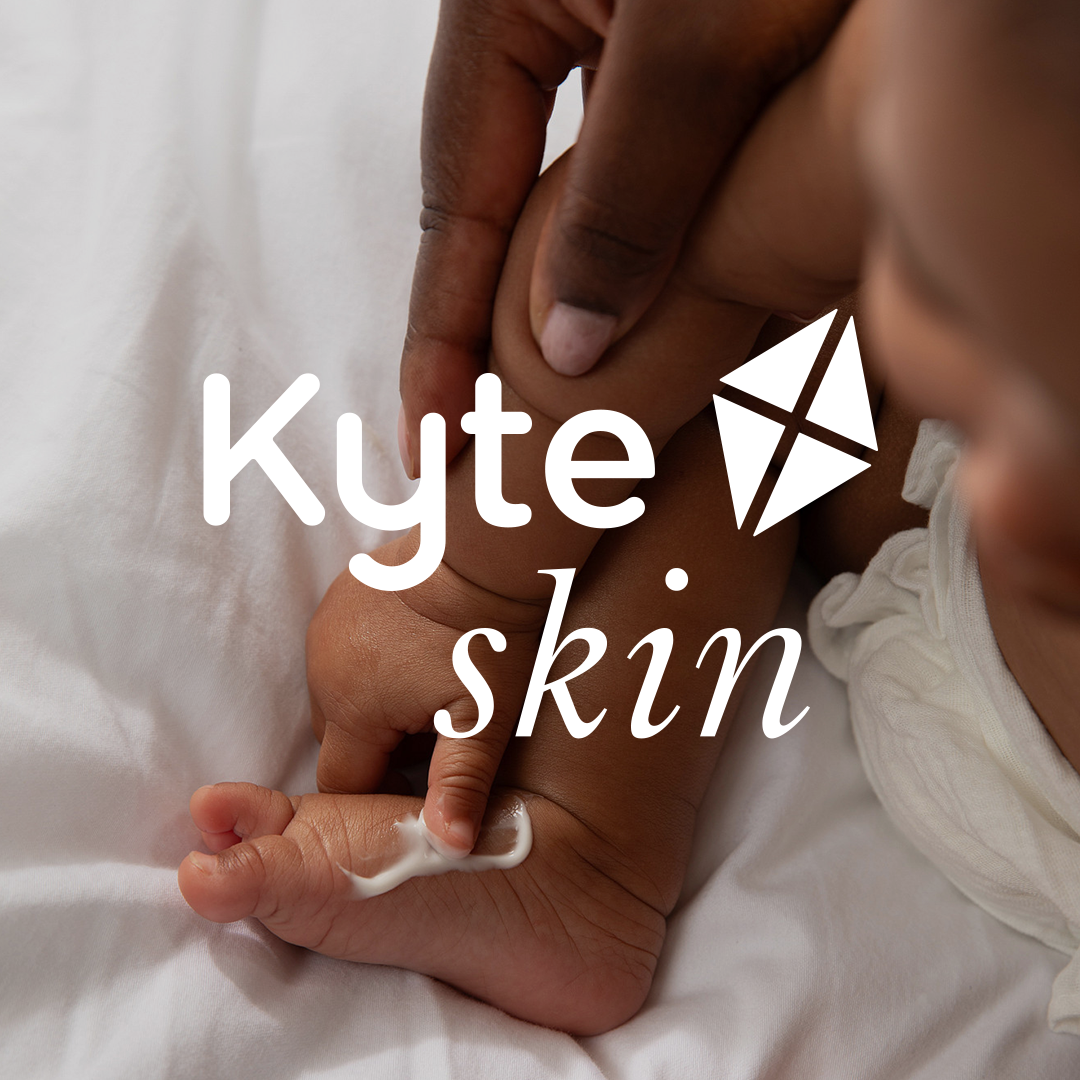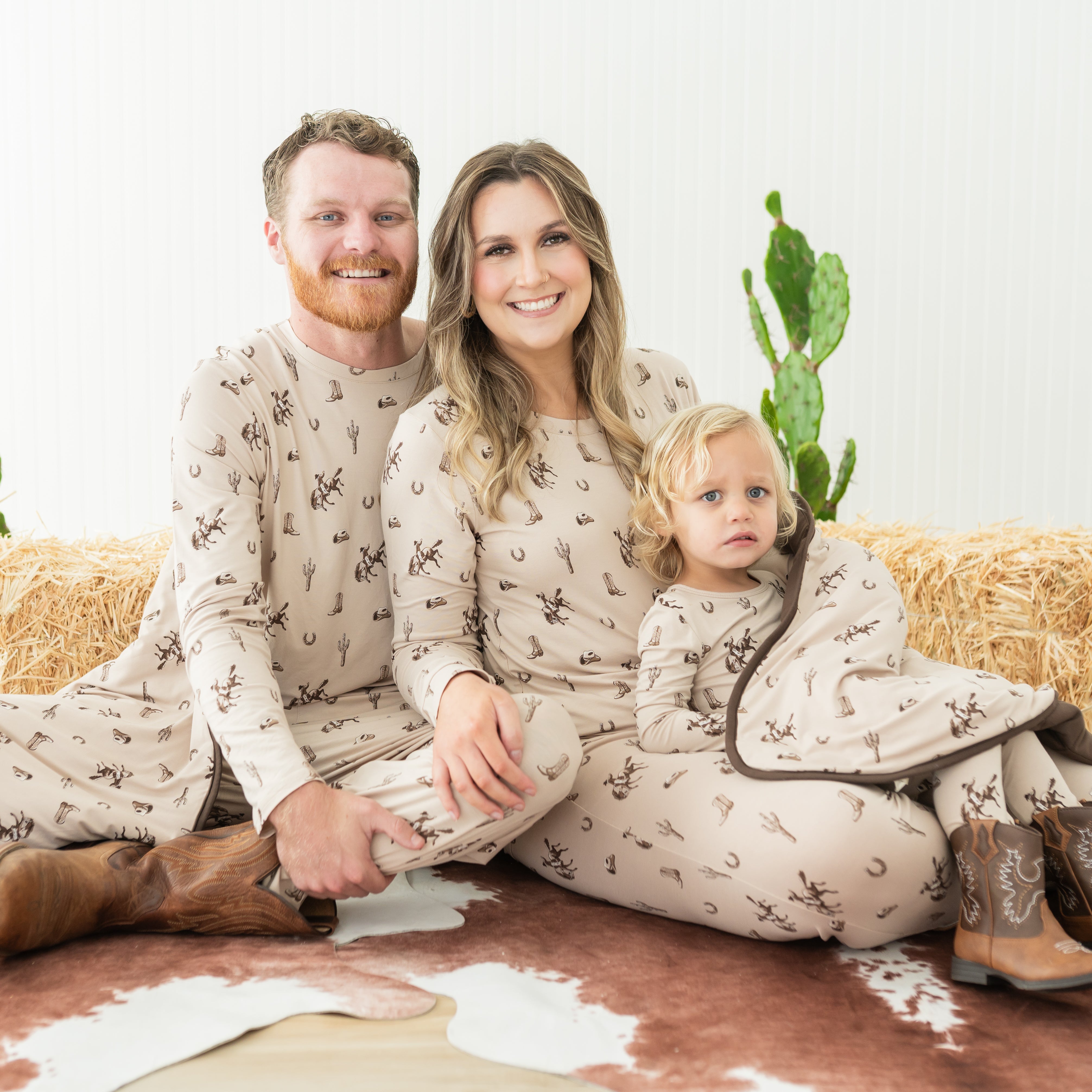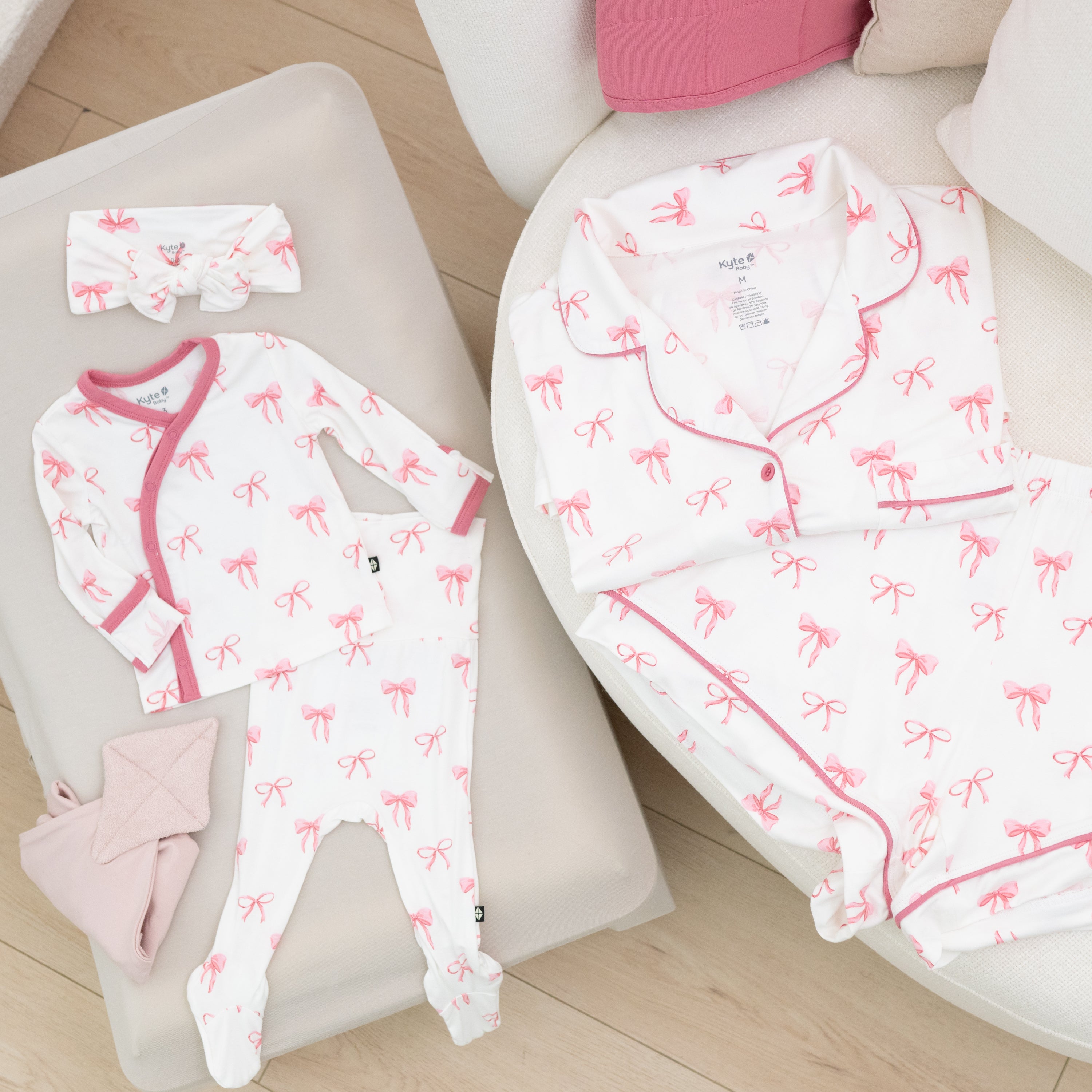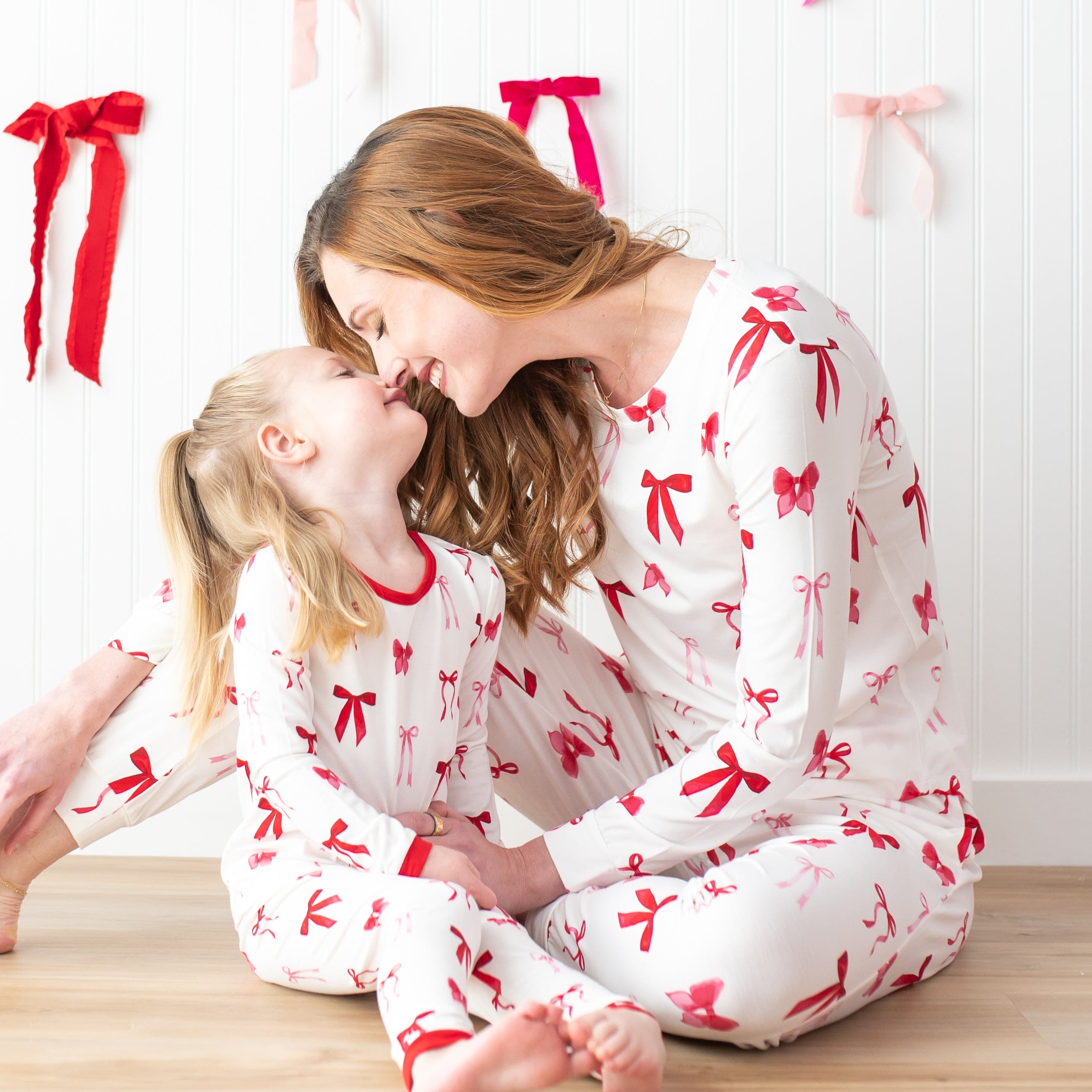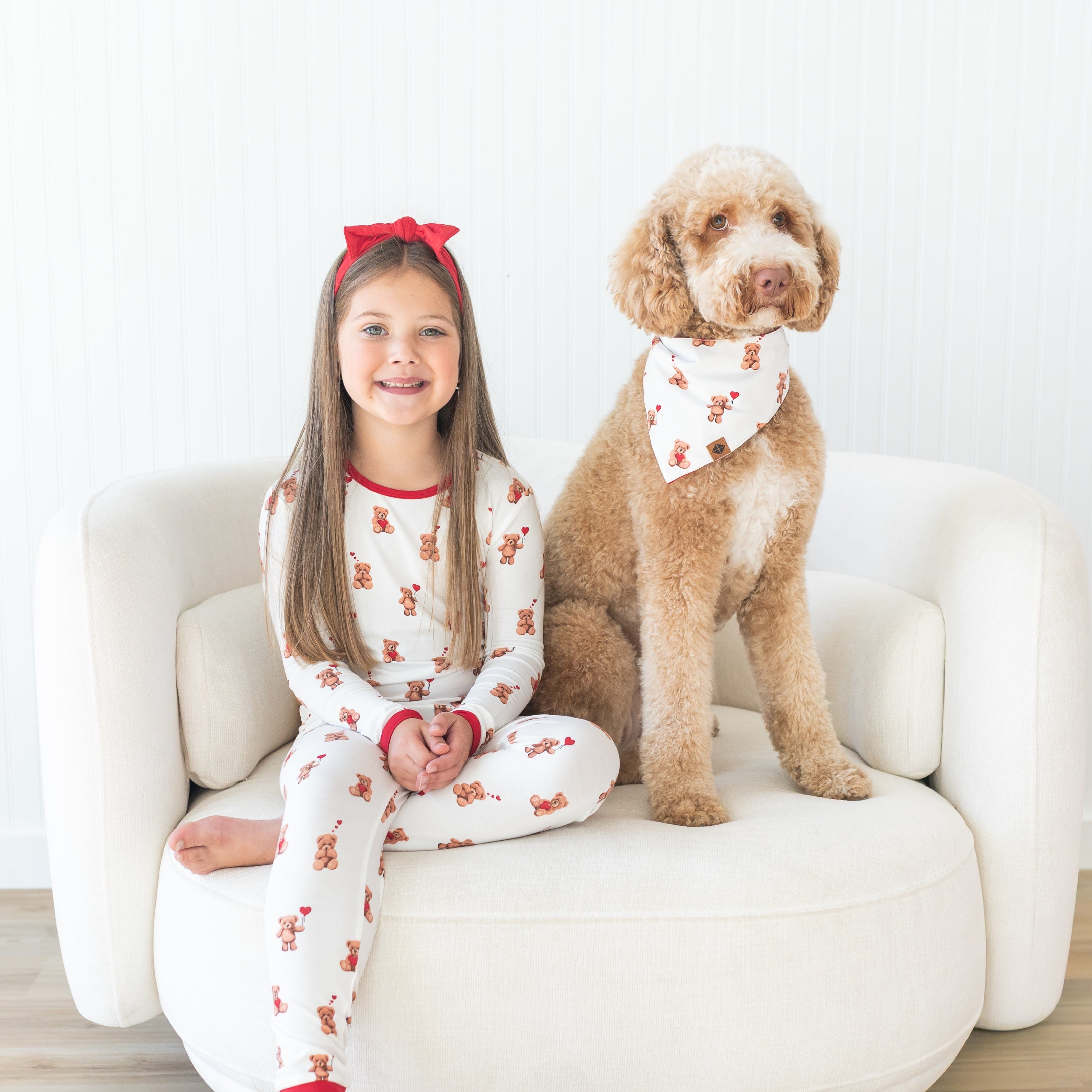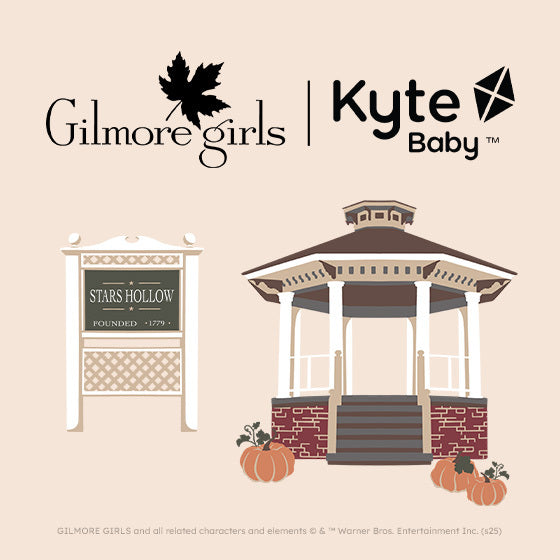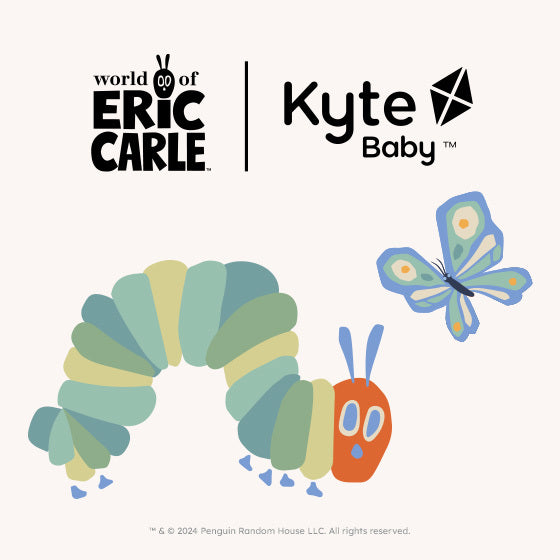
Congrats on your growing family! If you are preparing for a newborn or have recently brought a new baby home, things may look different than what you expected when you first found out you were pregnant.
Preparing for a newborn in this unprecedented time is undoubtedly leading to some fear, anxiety, and sad feelings if you are currently sheltering in place without the support of your village you may have been counting on.
Throughout this blog, we will focus on the positives and how to prepare for a newborn in the midst of the pandemic! Covering things from:
- Postpartum essentials
- Packing a hospital bag
- Essentials for feeling completely prepared for bringing home a newborn
- How to start a meal train
- How to adjust your birth plan
- Newborn sleep tips
- What to expect in the first few weeks with a newborn
- How to keep yourself healthy and safe
Postpartum essentials to have on hand can vary depending on your birth plan (where you are birthing if you are having a scheduled c-section, etc).
Here is a short list of some things to try to have on hand to limit the number of stores you have to visit when you come home from the hospital:
- Extra underwear (and yeah, get the granny panties)
- Largest, most absorbent pads you can find and/or depends
- Tucks pads/witch hazel
- Dermoplast for your perineum
- Fridababy Momwasher
- Medicines like ibuprofen, tylenol, colace, prenatal vitamines
- Heating pad or afterease tincture for afterbirth pains/cramping
- Padsicles
- Nursing bras + nursing friendly attire
- Nipple balm and nursing pads
- Nipple shields and nipple shells (to protect your nipples from your clothing)
- Really big water bottles
Here is a shortlist of items to include in your hospital bag:
- Your birth plan (a few copies is helpful!)
- A robe
- Toiletries
- Comfortable clothes
- Extra-long cell phone charger
- Nipple cream
- Hair ties and chapstick
- Flavor packets to mix in water
- Camera
- Things for baby include their going home outfit, pediatrician’s contact information, and their car seat + any blankets
- Things for your partner include change of clothes, snacks, books/iPad and headphones, blanket and pillow
Other essentials for bringing home a newborn:
Sleep-- okay, don’t laugh! But the things you need for sleep for your newborn are a flat sleep surface (so sleep spaces labeled bassinet, crib, or play yard are safe), swaddles or sleep sacks, a pacifier (recommended for SIDS prevention), extra bassinet covers or crib sheets, and a white noise machine.
Diapering: a handy tip is to keep olive oil, coconut oil, or calendula oil handy during diaper changes in those early days to make the really thick/sticky meconium easier to wipe away. Once they start having more normal bowel movements, you don’t have to use it anymore! You can’t have too many wipes, so don’t be afraid to stock up on those.
Decide on a diapering system, whether you will use disposable or cloth and buy newborn + size 1 just in case your little one is not in newborn diapers for long. You can trade in new packages of diapers for a larger size if needed. Grab some diaper rash cream and you’re good to go! A changing table, changing pad, and changing pad cover are not really a necessity but are nice to have if you have space!
Clothing: Your baby will spit up, blow out, and slobber all day long. Not only that, but you will leak milk, cry tears, and even drop food on yourself and the baby. So, needless to say, there will be wardrobe changes. The main question is how many items of clothing do you need. Let's break it down.
If your baby nurses every 2–4 hours, that is approximately 6–12 times a day, you can safely guesstimate that the baby (and yourself) will make a mess of things during at least half of those feedings. So, expect 3–6 different outfits daily. That adds up to 21–42 total outfits for the week, but that doesn't mean you need 40 of each layette piece — who even has the space for that? Whittle it down to the median which is approximately 30 newborn pieces, if you can manage to do the washing every few days.
Thirty newborn pieces look like this:
5 bundlers (one per night)
6 footies
6 onesies
2 hats
3 pairs of scratch mittens
2 pairs of pants
6 pairs of socks
When you look at it this way, there are not that many of each body type. But it is just enough to make it through the week on just one or two loads of laundry.
Feeding: Other than deciding on breastfeeding or formula feeding, there are a few things that may come in handy to have throughout your feeding journey.
A nursing pillow is helpful even if you do not plan on breastfeeding. It is a great way to feed your baby in an ergonomic way plus can get some pressure off of your abdomen if you have a section. Two popular brands are Boppy and My Brest Friend.
They only provide support for your chest, back, and shoulders but also positions baby so that she can eat efficiently. The popular feeding positions — cradle, cross-cradle, and football hold — can all be achieved easily with the help of a nursing pillow.
Add plenty of burp cloths and bibs to your feeding station. They have a lot of different uses so stock up them!
Speaking of a feeding station, it can be helpful to set up a few different stations in your house and stock it with things like snacks, large water bottles, long phone chargers, an extra change of clothes for you and the baby, and extra diapers.
So stock up on things like:
- Formula if needed
- 2-4 bottles (more if you plan to bottle feed full time)
- Breast milk freezer bags
- A breast pump or haakaa
- Nursing pads
- Nursing pillow
- Bottle brush
- Drying rack
- Burp cloths
- Nipple ointment/balm
Bathing: for bathing, the essentials are mostly just a place to give the baby a little sponge bath or you could do a herbal bath with them once you’re both cleared to submerge in water!
To give your baby a sea sponge bath, start from the head and work down to the toes, being careful to avoid the belly button area until it has fully healed and scabbed over.
Be sure to wash deep into the neck folds where milk, spit-up, sweat and saliva get trapped. The same goes for chunky thigh rolls and in between fingers and toes. Baby's skin will naturally start to peel within the first month, especially near the hairline. Let the process take its course and do not try to peel the skin with your fingers or a washcloth as this will irritate the brand new layer coming through. Instead, use a cradle cap brush to gently lift dead skin cells from her scalp and work baby's natural oils through her hair.

For both spot-cleaning and a fully submerged bath, here are the essential bathtime products:
- Bath basin or an infant tub
- Gentle soap
- 3–5 Washcloths
- Cradle cap brush
- Sea sponge
- Hooded towel
So now that the essentials are covered, how can you be supported when bringing home a new baby in the midst of all of this? Most of the time, what new parents need most is food, clean clothes, and rest!
Consider starting a meal train to get you through the first few weeks of parenthood. If you are breastfeeding, plan to be ravenous! If you’re not familiar, meal trains are calendars that coordinate meals for our loved ones, usually when they’re going through a life change.
A simple search will bring up mealtrain.com which is a calendar service used to coordinate with friends and family who will be dropping food off. You can set your preferred hours, any food restrictions/preferences, and if dropping off food isn’t an option, they can purchase gift cards for restaurants.
Things to consider when contributing to a meal train:
- Use containers you don’t need back
- Bring paper goods (paper plates, forks, napkins) to cut down on their dishes
- Label everything and write directions on the container for reheating
- Be courteous-- if you are currently sheltering in place, then consider just dropping off and saying/waving hi through a window
- If you can easily double the recipe, you can also stock their freezer at the same time
Food ideas for a meal train:
- Things that make good leftovers like pastas, meatloaf, roast, pulled pork, a taco bar, chili, soup, chicken and dumplings or chicken pot pie
- Instead of a dessert, consider baking something for breakfast like muffins
- Oatmeal bakes are a great option
- Fresh fruits and vegetables to snack on + granola bars, nuts, charcuterie boards
How to adjust your birth plan to accommodate for social distancing
Some hospital policies are limiting one healthy adult per expectant mother. That may mean the doula/family/friend/birth photographer that was supposed to be at your birth is no longer allowed in the birth suite with you.
That means we may have to get creative! Consider discussing ways your birth team can support you without being there. A lot of education and virtual support can go a long way. Facetime, zoom, and phone calls are ways you can invite them into your birth space.
They could draw pictures and write words of encouragement to surround you in your birth suite as well as photographs.

Make sure to include a list for dad to facetime as soon as mom is ready to spread the word and let family meet their new little one!
You may want to ask these questions ahead of time:
- What has changed in regard to hospital/clinic operations?
- What pain relief options will I have?
- What happens if I get sick?
- What happens if my baby gets sick?
- What will the care plan look like if my baby gets sick?
- Do I need to wear a mask?
Visit Evidence Based Birth for all the statistics and any information you may need regarding a hospital birth.
With the new hospital policies for the indefinite future, families are choosing out of hospital birth more than ever.
It is important to discuss the safety aspects of out of hospital birth with your provider and find a professional midwife to attend your birth.
This study found, “planned home birth attended by a registered midwife was associated with very low and comparable rates of perinatal death and reduced rates of obstetric interventions and adverse maternal outcomes compared with planned hospital birth attended by a midwife or physician. Our population rate of less than 1 perinatal death per 1000 births may serve as a benchmark to other jurisdictions as they evaluate their home-birth programs.”
If you are preparing for natural childbirth, check out these options!
What if my partner/support person isn’t allowed in the delivery room? If your support person is sick and they aren’t allowed in the room with you, then consider someone as back up or hire a doula.
You can facetime dad in for labor in order for him to speak encouragement over you and help you make any medical decisions as well as for him to witness the birth!
Study up on ways to boost your maternal mental health.
Helpful newborn sleep tips & How to Make Baby Sleep at Night
Common newborn sleeping patterns are 16+ hours in a 24 hour period. That means about 8 hours during the day and 8 hours at night.
Their nights are shorter than when they get older because their circadian rhythm is not set yet. They will sleep in short bursts at a time, anywhere from 2-4 hours both day and night.
Getting overtired is usually the root of most newborn sleep issues. Plan for approximately 40 mins of awake time at any given time including feeding time in order to maximize sleep and prevent overtiredness.
The reason we want to avoid missing the sleep window is that babies who are overtired become much more difficult to settle. They fight to sleep the most when they need it the most!
Baby bedtime routines are important to start establishing when you are home with them!
If you are wondering why do newborns sleep so much then check out that blog!
If you have a baby with a high startle reflex, consider safe swaddling for sleep.
What to expect the first few weeks
A newborn should not be on a set feeding or sleep schedule! Read that again: they should not be on a set schedule of any sort. You will most definitely want to follow their cues for both feeding and sleeping. Trying to keep them on any sort of “set schedule” can lead to failure to thrive which is very dangerous for a baby.
Newborn feeding cues may look like:
- Licking/smacking lips
- Opening mouth/sticking out tongue
- Latching onto anything close by
- Rooting
- Eating their hands/tight fists
- Fidgeting/trying to get into position to eat
- Fussing
- Angry cry
Once a newborn is full, they will release the nipple, turn away from the breast/bottle, relax their body, and open their fists.
During the day, try to get into a flexible routine:
- Interact with your baby during the day when they are awake with lots of talking
- Naps happen in a bright/noisy room
- Expose them to a lot of natural light during the day
- Get outside early in the day if the weather permits
During the night, try these tips:
- Develop a pre-bedtime routine
- Limit any use of lights at night time
- Keep middle of the night feedings/wakings really boring
- Use white noise to avoid waking your baby unnecessarily
- Swaddling
This can be very hard for new parents (or any parent), so make sure you are taking care of yourself!
- Take breaks/shifts
- Literally, sleep when your baby sleeps even if it is during the day. Laundry and dishes can wait!
- Put your phone down
- Ask for help and accept it when offered
- Put a “do not disturb” sign on the front door
- Try to get outside for a walk each day
How to keep yourself healthy and safe with a newborn

Consider using a grocery delivery service instead of going grocery shopping. There are a lot of great services available for that right now.
Keep hand sanitizer by the front door if you do happen to have guests right now. Better yet, wash wash wash your hands! Avoid touching your face. Clean and disinfect commonly used spaces frequently.
It’s also helpful to have a “decon” station for when you or your partner leave the house. Some essential workers will strip down in the garage, shower, and put on fresh clothes before interacting with their families.
Consider all the safe ways you can boost your immune system right now including probiotics, immune boosting vitamins, eating whole foods, and getting daily sunshine.
Here are some positives regarding COVID-19 and pregnancy or newborns
Pregnant women do not appear to be at increased risk for severe disease related to COVID-19 based on a limited number of confirmed COVID-19 cases in pregnancy.
Currently there have been no published cases of clinical evidence of vertical transmission, defined as the presence of clinical signs of mother - to - child transmission during pregnancy or during labor.
Breast milk is the best source of nutrition for most infants. If you are confirmed COVID-19 or symptomatic under investigation, you should take all possible precautions to avoid spreading the virus to your infant. This includes washing your hands before touching your baby and wearing a mask while breastfeeding.
If you are expressing breast milk with a manual or electric breast pump, you should wash your hands before touching any pump or bottle parts and follow recommendations for proper pump cleaning after each use.
Families in the UK are finding that babies are regaining their birth weight much faster in the last few weeks/months and they are attributing this to social distancing. With fewer visitors around, mom and baby can be more in tune, establish feeding better, and not have to worry about passing the baby around!
They found that most babies have regained their birth weight in 5 days as opposed to the 10-day average.
At Kyte BABY, we know what a difficult time this can be for new parents with so much unknown and all the potential changes we didn’t anticipate for our lives before the pandemic. It can help to reframe our thinking about the special time you are getting to bond with your newborn baby and focus on the positives as well as getting creative with how we share this baby with our loved ones!
Author Bio: Ashley Olson is a certified pediatric sleep consultant, owner of Heaven Sent Sleep, and passionate about helping new parents, experienced parents, desperate and sleep-deprived parents form healthy sleep habits for their children.She has over 3 years of experience in working with families and has completed over 150 hours of coursework plus continuing education related to infant and toddler sleep. The focus of her work is on fostering a routine that grows your bond with your child while improving their sleep habits. She specializes in custom sleep plans and one on one support in changing sleep practices!

